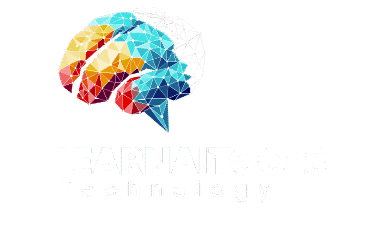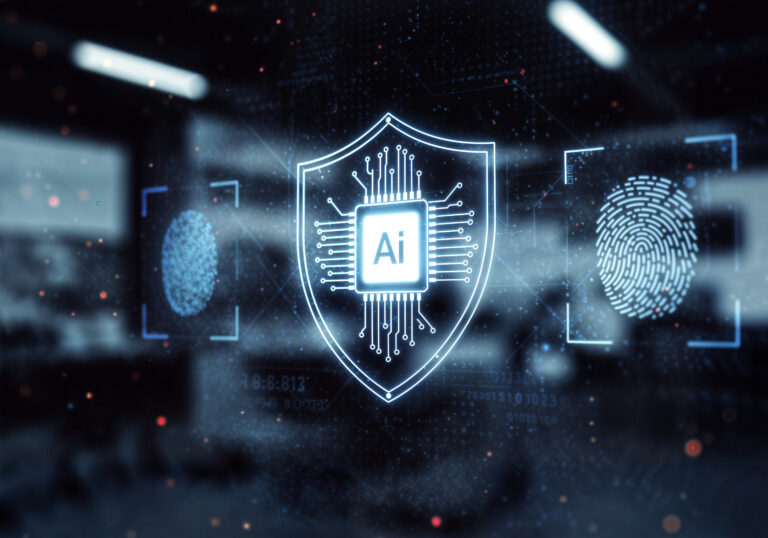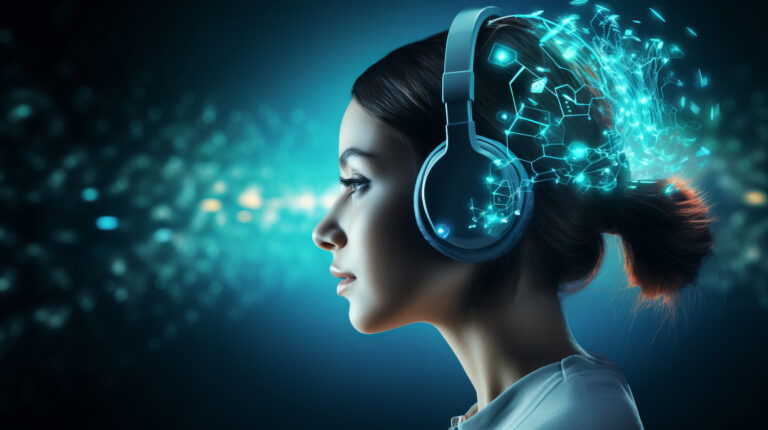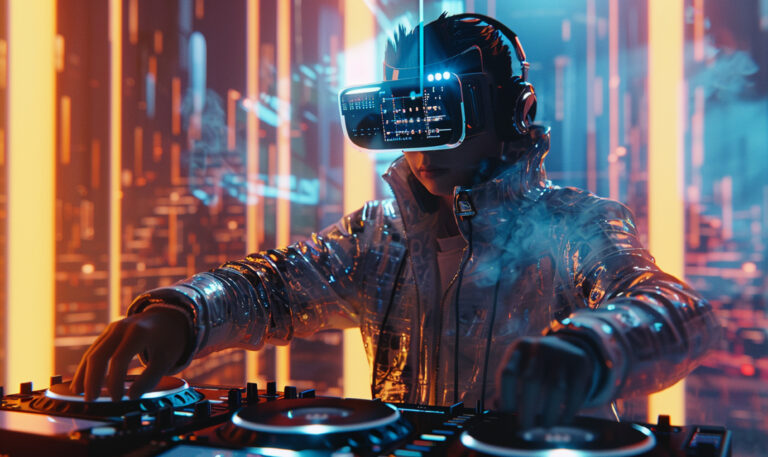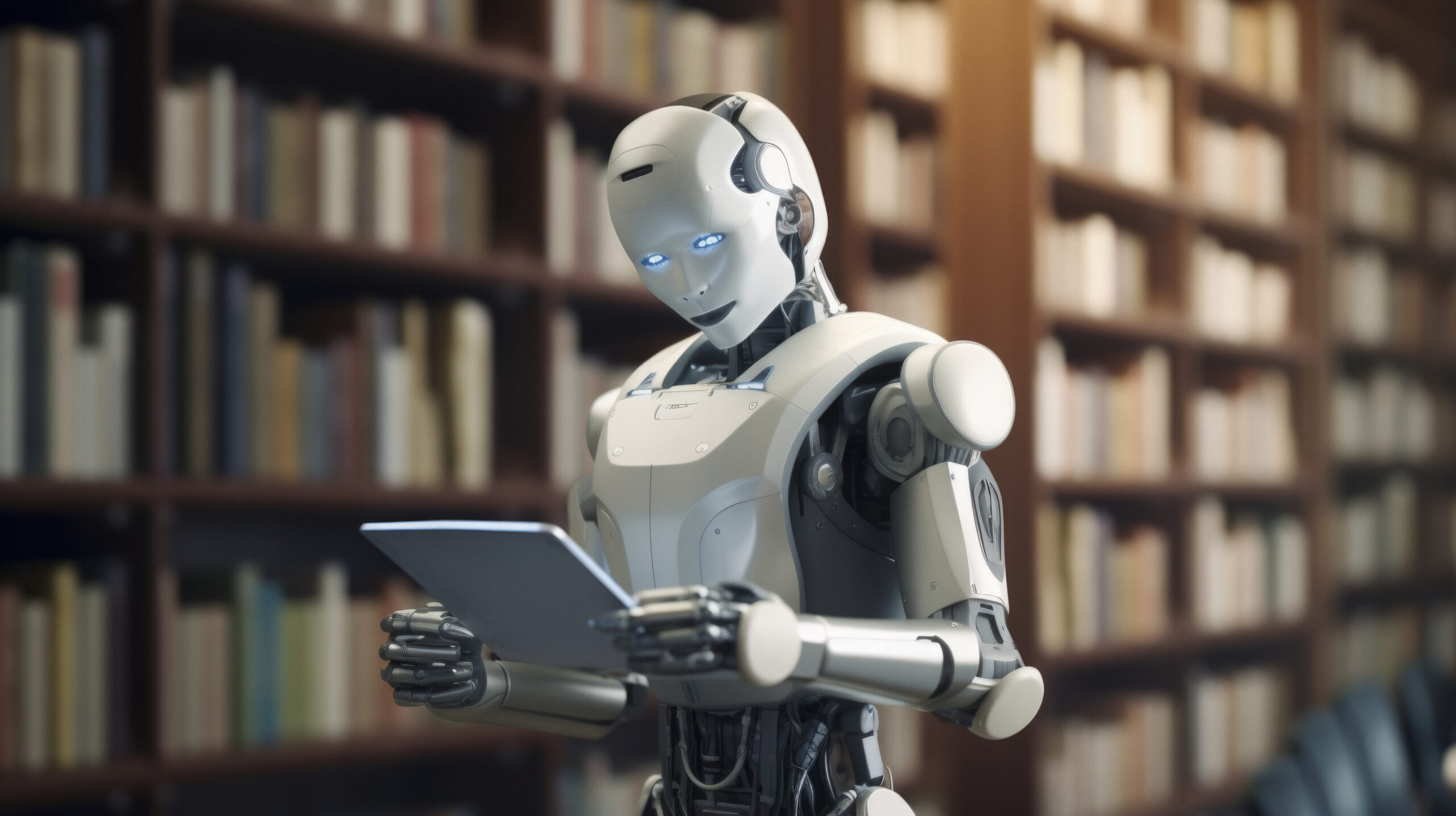
AI in Education 2025 – Transforming the Future of Learning
AI in Education 2025 and the Changing Learning Landscape
AI in Education 2025 is revolutionizing the way knowledge is delivered and absorbed. From classrooms to online platforms, artificial intelligence is creating personalized, data-driven, and highly efficient learning experiences. Unlike the one-size-fits-all approach of traditional methods, AI tailors education to meet the unique needs of each learner.
With the rise of smart schools, AI-powered tools are ensuring that education is no longer limited by geography, resources, or even time. The goal of AI in Education 2025 is not just to enhance learning outcomes but to make education more accessible, inclusive, and future-ready.
Why AI in Education 2025 Matters
AI in Education 2025 is crucial because it addresses some of the biggest challenges in education—student engagement, teacher workload, and performance tracking. Personalized AI platforms track student behavior, learning patterns, and preferences, ensuring that lessons are delivered in the most effective way possible.
For example, a slow learner can get additional exercises and interactive lessons, while a fast learner can move ahead without being held back. This adaptive learning approach makes sure every student progresses at their own pace.
Key Applications of AI in Education 2025
The applications of AI in Education 2025 are diverse and transformative:
- Personalized Learning – AI adapts content according to student performance and learning style.
- AI Tutoring Systems – Intelligent virtual tutors offer real-time support, even outside classrooms.
- Automated Grading and Feedback – Teachers save hours of manual work with AI-assisted evaluation.
- Learning Analytics – Predictive tools identify struggling students before issues become critical.
- Immersive Experiences – AI combined with AR/VR provides hands-on learning simulations.
- Language Support – Real-time AI translations remove language barriers in classrooms.
- Career Guidance – AI-powered platforms guide students toward suitable career paths.
These applications highlight how AI in Education 2025 is building a more engaging, equitable, and effective system for learners.
AI in Education 2025 and Teachers’ Role
AI in Education 2025 empowers teachers by automating repetitive tasks and offering deep insights into student progress. Instead of spending hours on grading or paperwork, educators can use their time for creativity, mentoring, and personalized support.
AI also helps teachers identify each student’s strengths and weaknesses quickly. For instance, if a child struggles with mathematics but excels in language arts, AI can provide tailored exercises that focus on improvement while encouraging existing talents.
Thus, AI strengthens—not replaces—the vital role of teachers.
AI in Education 2025 for Students
AI in Education 2025 is a game-changer for students. Beyond textbooks, students get access to interactive AI platforms that adjust learning content to their skill level. Real-time doubt clearing, gamified learning modules, and adaptive quizzes make education enjoyable.
Additionally, students from rural or underdeveloped areas can access world-class lessons through AI-powered online platforms. Inclusivity is another major achievement—AI tools are helping students with disabilities learn more effectively by offering speech recognition, visual aids, and personalized support.
Challenges of AI in Education 2025
Even with its potential, AI in Education 2025 faces challenges that cannot be ignored:
- Data Privacy – Student data must be handled securely to prevent misuse.
- Equity – Schools in remote or poor regions may lack resources for AI adoption.
- Over-dependence on Technology – Students risk losing creativity and critical thinking if they rely only on AI.
- Bias and Fairness – AI algorithms must be carefully designed to avoid discrimination.
By solving these challenges, AI can be used ethically and responsibly in the education sector.
AI in Education 2025 and Global Collaboration
AI in Education 2025 is fostering collaboration between governments, tech companies, and educational institutions worldwide. Countries are investing in AI-powered learning platforms to ensure that students, regardless of background, receive equal opportunities.
For instance, UNESCO and other global organizations are already working on AI-driven projects to support inclusive education in developing nations. This global effort shows that AI is not just a luxury for advanced schools but a necessity for future-ready societies.
Future of AI in Education 2025
AI in Education 2025 points toward a future where classrooms are not limited to four walls. Students will learn from anywhere—homes, workplaces, or even virtual reality environments. AI will provide lifelong learning opportunities, helping people upskill and reskill as industries evolve.
The integration of AI will also ensure that future students are better prepared for global job markets, equipped with both technical knowledge and soft skills.
AI in Education 2025 and Sustainable Development
AI in Education 2025 contributes directly to global sustainable development goals. By lowering costs, expanding access, and ensuring inclusivity, AI is making quality education achievable for millions who were previously excluded. Students with disabilities, underprivileged children, and learners from remote areas are now part of a system that values equity and fairness.
AI is not just shaping individuals; it is building societies where education drives innovation, progress, and social development.
Conclusion
AI in Education 2025 is a turning point in the history of learning. With its power to personalize lessons, reduce teacher workload, and expand access globally, AI is making education smarter and more impactful. Challenges like privacy, accessibility, and fairness remain, but with responsible adoption, AI has the potential to transform education for good.
By embracing AI in Education 2025, teachers, students, and institutions will be ready for a world where knowledge is unlimited and opportunities are equally shared. The journey toward smarter, more inclusive learning has already begun—and AI is at its core.
